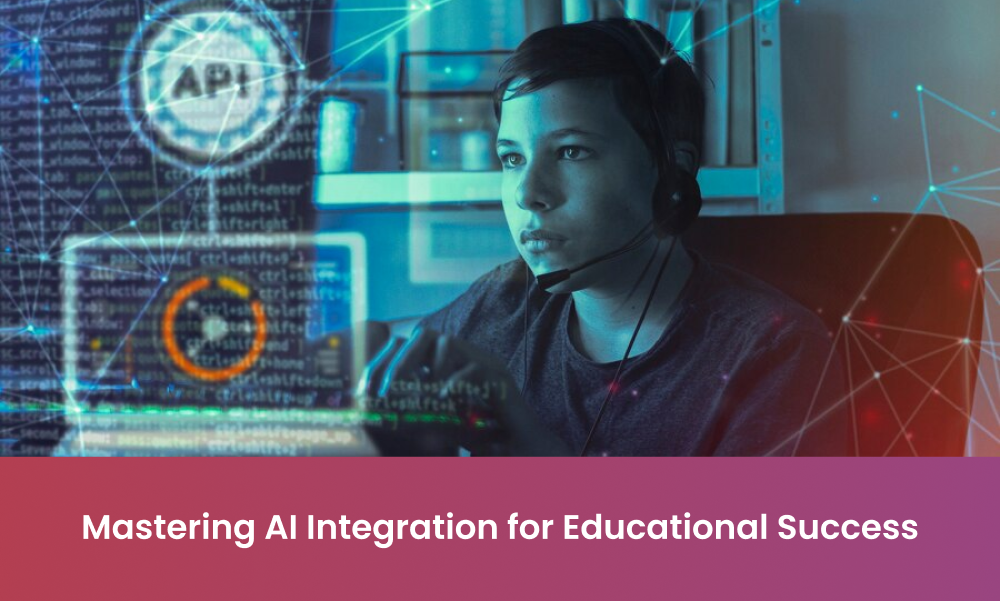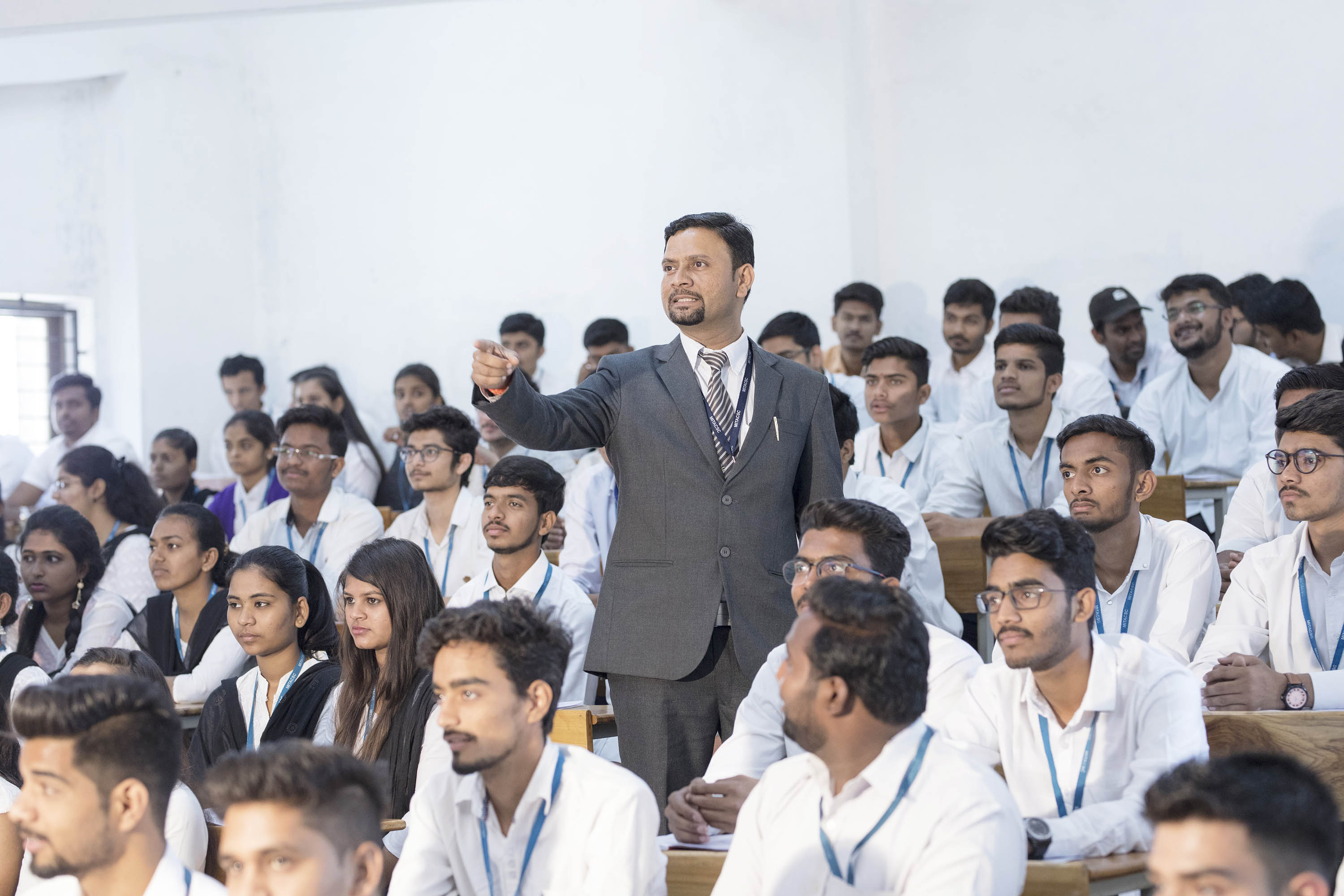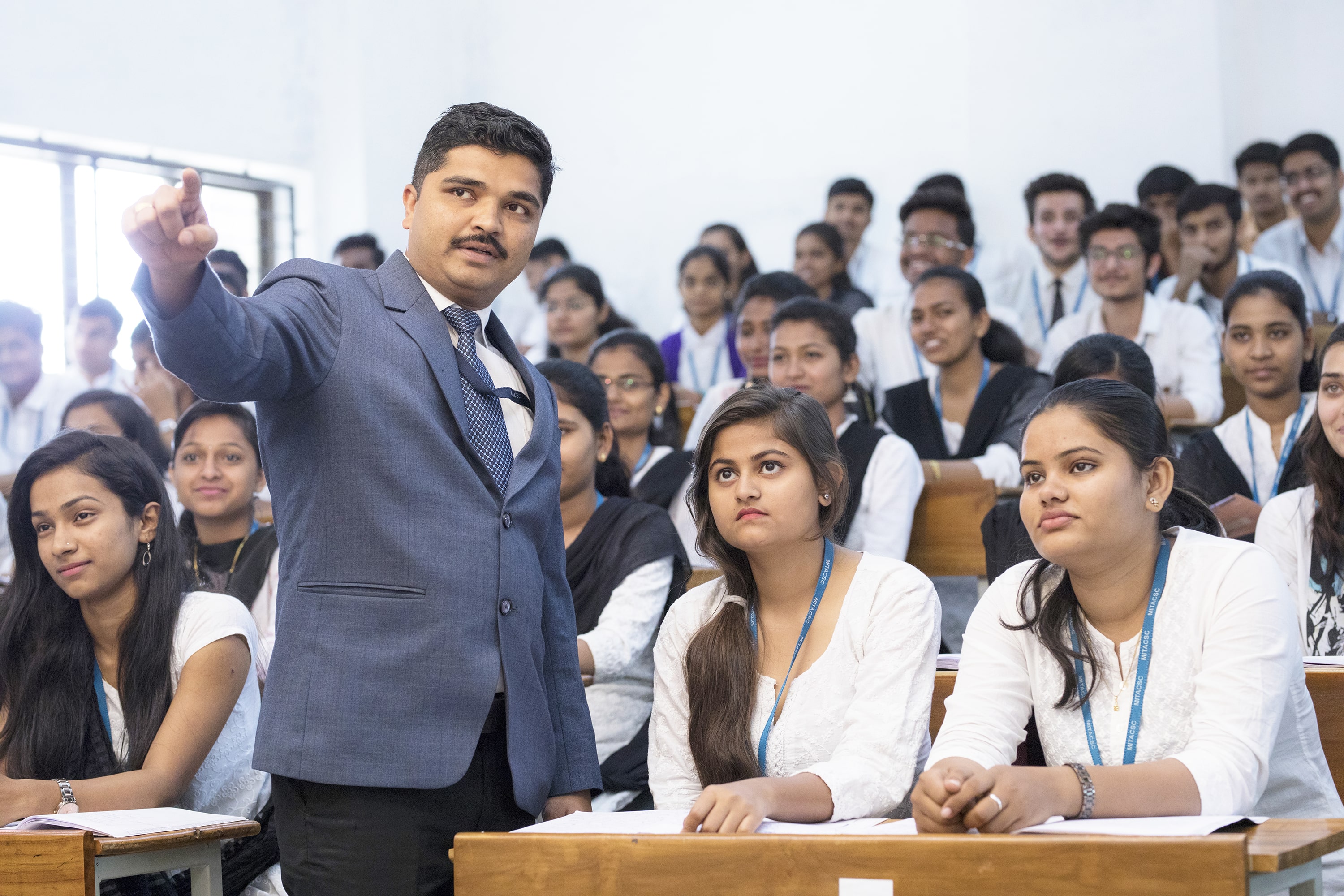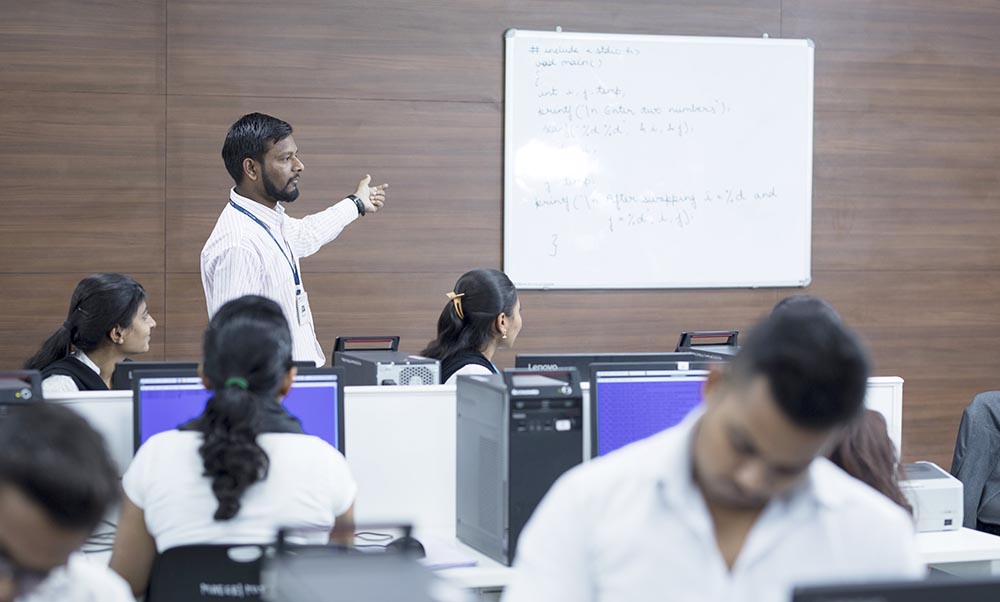
Mastering AI Integration for Educational Success
In a bustling classroom in Mumbai, a group of students are deeply engrossed in their lesson. However, this is no ordinary classroom. Here, AI in education is transforming the way students learn.
A smart AI-powered system analyses each student's learning patterns, offering personalised recommendations and resources. This scenario, now increasingly common across India, reflects the growing integration of AI in the educational sector. It’s not just about technology; it’s about reshaping the educational landscape.
Beyond the Classroom
For students in India looking to pursue higher education, particularly in fields like computer applications, AI is a critical resource. The best colleges in India for BCA are increasingly incorporating AI into their curriculum, recognizing its importance in a tech-driven future.
AI extends learning beyond textbook theory, offering students practical, hands-on experience. It prepares them for real-world challenges, bridging the gap between academic knowledge and the skills required in the workplace.
Data-Driven Insights
AI's capability to analyse vast datasets is invaluable in education. In India, where educational diversity and disparity are significant, data-driven insights provided by AI can help tailor educational strategies to meet varied needs.
Educators can use AI to track progress, predict learning outcomes, and identify areas where students might struggle, allowing for more targeted teaching approaches.
AI-Powered Study Tools
AI-powered study tools are transforming the landscape of artificial intelligence in education. These tools offer personalised learning experiences, adapting to each student's strengths and weaknesses. In India, where classroom sizes are often large, these AI tools provide individualised attention that might not be feasible for a teacher to offer.
From language learning apps that adjust to the user's proficiency level to maths programs that provide customised problem sets, these tools make learning more engaging and effective.
Breaking Down Language Barriers
One of the significant challenges in a diverse country like India is the language barrier in education. AI is instrumental in breaking down these barriers. With tools capable of real-time translation and language learning, students from different linguistic backgrounds can access educational content in their preferred language.
This not only enhances understanding but also promotes inclusivity in education. AI’s ability to process and understand natural language has opened doors for students who previously faced obstacles due to language constraints, ensuring that education is more equitable.
Enhanced Accessibility
AI technology is significantly enhancing the accessibility of education in India. In a country with vast geographical diversity and varying levels of educational infrastructure, AI is acting as an equaliser. It offers remote and underprivileged students access to quality educational materials and experiences that were previously out of reach.
AI-driven platforms can provide interactive and engaging content, adaptable to different learning styles and speeds. This means students who struggle to keep pace in traditional classrooms can now learn in a way that suits them best.

Ethical Considerations
As AI in education grows, so do the ethical considerations surrounding it. The key concern is ensuring that AI-driven educational tools are developed and used responsibly, without bias or discrimination. This means designing AI systems that cater to the diverse student population of India, taking into account different languages, cultures, and learning abilities.
Another important aspect is data privacy and security, especially when it involves minors. Schools and educational institutions must ensure that the data collected by AI tools are secure and used ethically, respecting the privacy of students and their families.
Demystifying AI’s Educational Role
Understanding AI's role in education is crucial for its effective integration. AI isn't here to replace teachers but to augment and support the educational process. In India, where teacher-to-student ratios are often imbalanced, AI can offer additional support, helping teachers manage large classrooms more effectively.
AI can assist in grading and providing feedback, allowing teachers more time to focus on teaching and personal interactions. It also serves as a tool for teachers to understand each student's learning process, enabling them to tailor their teaching methods accordingly.
Personalized Learning with AI
AI’s most significant contribution to education is the personalization of learning. Each student has a unique learning journey, and AI helps cater to these individual needs. By analysing data on students' learning patterns and preferences, AI can offer customised learning experiences, resources, and feedback.
This is particularly beneficial in a country like India, with a wide range of learning levels in a single classroom. AI ensures that advanced students are challenged while those who need extra help are supported, thus optimising the learning experience for every student.
Conclusion
The integration of AI in education is paving the way for a more inclusive, efficient, and personalised learning environment in India. As we look to the future, institutions like the MIT Arts, Commerce & Science College are at the forefront of embracing this change, especially for programs like the BBA in International Business Colleges in Pune.
We understand that to prepare students for a globalised world, integrating AI into education is not just an option but a necessity. AI is not just a tool for learning; it’s a gateway to a world of opportunities, unlocking the potential of every student. Join us at MIT Arts, Commerce & Science College to be a part of this educational revolution.








